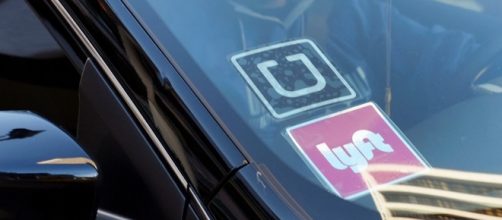The Texas Legislature has passed a bill that establishes a statewide regulatory regime for ridesharing companies such as Uber and Lyft. The bill was drafted in response to a number of local governments such as Austin’s which imposed onerous regulations, mandating fingerprinting of drivers, that resulted in the two major ride-sharing companies leaving the cities where such rules were imposed. The bill is headed to the desk of Gov. Gregg Abbott who is expected to sign it. The moment the bill goes into effect, both Uber and Lyft intend to return to Austin and expand their services throughout Texas.
What happened in Austin concerning ride-sharing?
The trouble started about a year ago when the Austin City Council passed an ordinance regulating ride-sharing services within the city limits. Uber and Lyft mainly found the requirement to fingerprint all of its drivers burdensome. When a city referendum to overturn the regulations failed, the two ride-sharing companies abruptly left Austin. Attempts to create local ride-sharing services, including a non-profit called Ride Austin, proved to be less than successful. Since Austin does not have a taxi service to speak of, the city saw a marked increase in drunk driving incidents. The presence of ride-sharing had proven to be beneficial to the Texas capital’s thriving club scene, getting inebriated patrons home safe.
What does the Texas statewide ride-sharing bill do?
The bill that just passed the Texas Legislature will mandate a fee and a license with the Texas Department of Licensing and Regulation for ride-sharing companies to operate within the Lone Star State. The bill requires that riders for companies such as Uber and Lyft conduct background checks on their drivers but does not mandate fingerprinting. The bill has been endorsed by the industry as establishing a fair, statewide regulatory regime. Texas will thus join 40 other states that have similar statewide ride-sharing regulatory systems.
What happens next?
Both Uber and Lyft have announced that they will restore operations to communities such as Austin as soon as the bill becomes law.
These companies will likely start expanding into unserved areas of Texas, providing greater access to mobility for Texans, especially in the countryside. The statewide regulatory regime will have replaced the patchwork of various localities. The hope is that local governments will start to work with companies like Uber and Lyft and will start to integrate them into their transportation infrastructure. In any case, patrons, including the disabled and the elderly, will be able to get to where they need to go without government interference.


